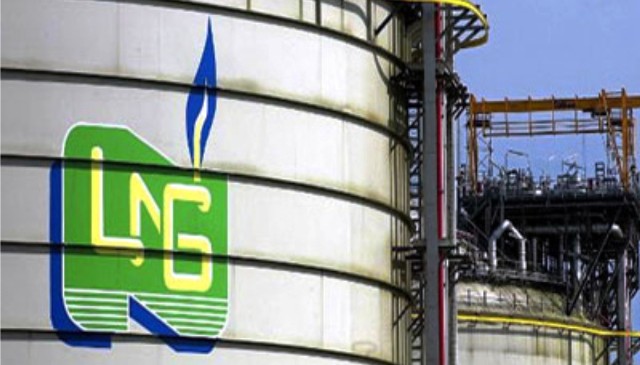Business
FG Tasks Partners On Transportation Of Third-Party Gas …As NLNG Produces At 70% Capacity

The Federal Government has urged its partners in the Nigeria Liquified Natural Gas (NLNG) project to allow the transportation of third-party gas through its joint pipelines to increase gas supply to the plant.
The follows the refusal of the partners, Shell, Chevron, NNPC and others, to allow third parties to transport gas through their pipelines to the NLNG Trains, which has made the company to be unable to operate at full capacity, causing its inability to meet domestic and international gas obligations.
Meanwhile, the NLNG produces at about 70 per cent installed capacity.
Minister of State for Petroleum Resources, Chief Timipre Sylva, while in an audience with the new Italian Ambassador to Nigeria, Sefano De Leo, in Abuja, said if the NLNG partners relax their rules, the company will be able to provide gas to help ease European Union’s gas crisis.
“The issue we have with the NLNG Trains is that of insufficient gas supply. The partners are running out of gas and they are refusing third parties to supply gas to the Trains.
“The partners are insisting that they can allow third party supply gas to the plant only if they agree to supply at subsidised rates.
“These people, of course, want to make money and they cannot supply at subsidized rates and that is why the NLNG Trains cannot produce at full capacity.
“The partners can afford to supply at subsidised rates because they are partners in the NLNG project and not the third parties.
“This is a very critical issue that I want to discuss with the partners to see how we can resolve this problem so that we can increase the production capacity of the NLNG”, he said.
Business
Nigeria’s ETF correction deepens as STANBICETF30, VETGRIF30 see 50% decline in a week

Business
BOI Introduces Business Clinic

Business
Dangote signs $400 mln equipment deal with China’s XCMG to speed up refinery expansion

-
Maritime2 days ago
Nigeria To Pilot Regional Fishing Vessels Register In Gulf Of Guinea —Oyetola
-
Maritime2 days ago
Customs Declares War Against Narcotics Baron At Idiroko Border
-

 Sports2 days ago
Sports2 days agoGombe-Gara Rejects Chelle $130,000 monthly salary
-
Maritime2 days ago
NIMASA,NAF Boost Unmanned Aerial Surveillance For Maritime Security
-

 Sports2 days ago
Sports2 days agoTEAM RIVERS SET TO WIN 4×400 ” MORROW” …Wins Triple jump Silver
-
Maritime2 days ago
NIWA Collaborates ICPC TO Strengthen Integrity, Revenue
-

 Sports2 days ago
Sports2 days agoNPFL Drops To 91st In Global League Rankings
-

 Sports2 days ago
Sports2 days agoNSC eyes international hosting rights

